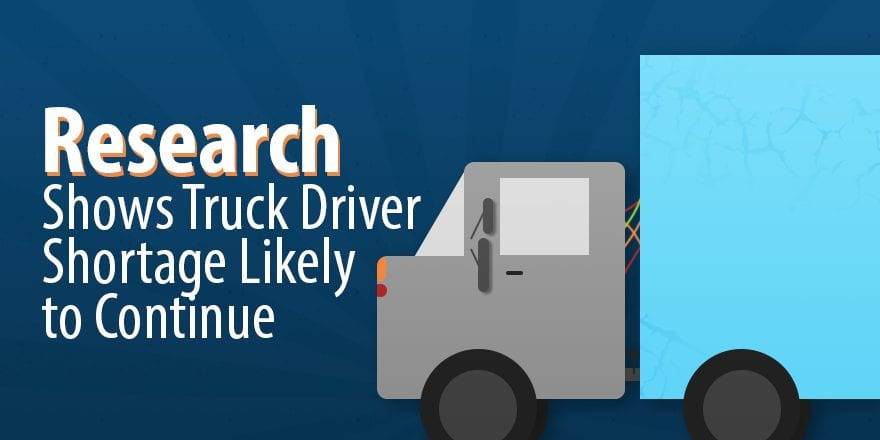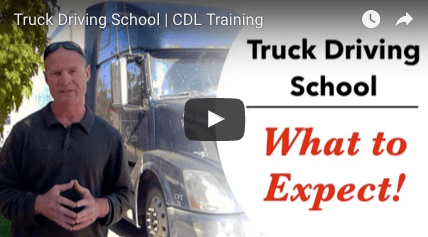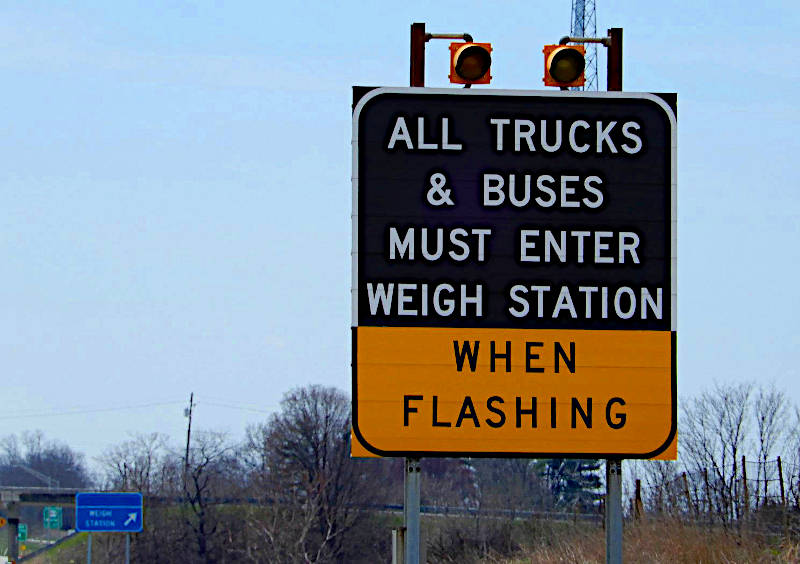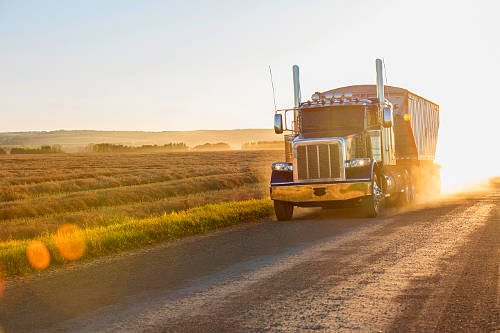Considering CDL training and going to truck driving school?
5 Questions to Ask Trucking Schools to Get Your CDL Permit
Updated December 2020
Questions
1) Where can I apply for truck driving school funding?
2) Do I get one-on-one IN-TRUCK instruction from the same driving instructor?
3) Is there equipment available for self-study?
• To work on my pre-trip inspection, coupling and backing, etc.?
4) When is the earliest I can get a road test date?
5) What relationships do you have with the trucking industry to help get me a job when I get my license?
Closed Caption
Introduction
Are you freakin' out? Are you considering truck driving as another career? If so, you're in the right place.
Five questions to ask a truck driving school to get the best training for your money.
#1) Where can I apply for truck driving school funding?
First question, where's the funding?
Where is the money going to come from, because there's enough money floating around out there that you should not have to pay for this.
If you were working seasonal jobs, and you're unemployed, unemployment insurance, the government has retraining programs, and there is funding and money available there as well.
Veterans' programs, worker's compensation, if you're going to be retrained, if you've been injured on the job, they will re-train you to be a truck driver.
Lions' Clubs, other charitable organizations have money.
So ask the truck driving school what funding is available, where you can get funding, and how you can get this paid for by an organization, because you shouldn't have to pay for this yourself.
You can finance it, there are options available, but that is not what I encourage you to do.
Exhaust every opportunity, do your work, find the money.
#2) Do I get one-on-one in-truck instruction from the same driving instructor?
Second question, one-on-one training in-truck.
So you're driving the truck, you're doing the pre-trip inspection, the coupling, the hooking up, the turning, driving around town, learning how to drive, one-on-one instruction with one instructor.
You do not want to be passed around to different instructors.
And actually, years ago, when I was working in Ontario, and I was a truck driving instructor, there was one driving instructor there, he'd taken the bed out of the bunk, and he had two seats in there.
And he would have three students in the truck all day, for eight hours, so two students would observe, and another student would drive the truck.
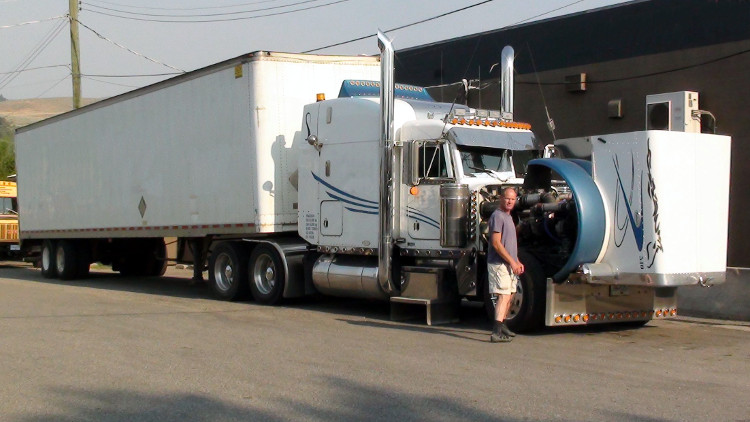
This is not a spectator sport.
You cannot learn how to drive that truck watching somebody else do it.
You have to be in the seat, you have to be doing the work.
And the other thing about it, as I say to people:
Show me 50 driving instructors, and I'll show you 50 ways to drive the truck.
So you want to be with one driving instructor while you're learning how to do the in-truck stuff.
Because if you're passed around between instructors, it frustrates the driving instructor because the student will say, "Oh, the other driving instructor "didn't tell me to do that."
You are confused, and the driving instructor is frustrated.
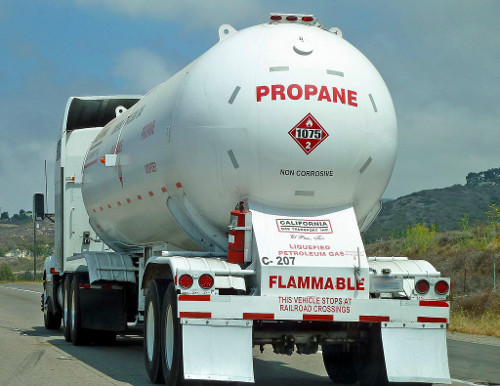
Driving instructors use different language.
And even though the driving school will say to you:
"Oh, we all do the pre-trip the same.
"Bunk, that's rubbish, they do not!"
They use different language, they use different sequences, they have different ideas about how it should be done, so you don't want to be confused.
You want to figure out how to get the information into your head as quickly as possible.
Learn the information you need to do to pass your license so that you can get on and get a job.
And driving schools will say to you: "Oh, it gives you different experience "because you get exposure to different driving instructors."
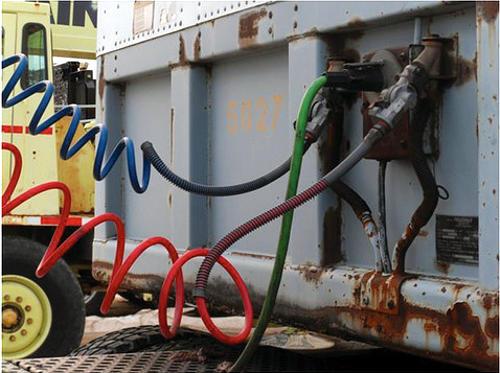
That's bunk, that is rubbish, that's BS.
It's convenient for the school, PERIOD!
That's it, so make sure that you get one-on-one driving instruction with the same instructor while you're doing the in-truck training.
#3) Is there equipment available for self-study?
Third question: do they have equipment that you can do self-study?
For example, if you want to come in and work on your pre-trip, is there going to be equipment there that you can use to practice your pre-trip inspection in preparation for your road test?
The first truck driving school that I worked at in Ontario was really good.
They had a big piece of land, they had a circuit there, and they had an old truck that wasn't licensed.
The students could come in, book time on that truck, and they could practice their pre-trip inspection, they could practice shifting on the circuit, usually in the low range, which will get you going, and they could practice their backing up.
I had one student that was really good at doing everything he needed to do to pass his road test:
• good on his pre-trip inspection;
• driving the truck through town;
• doing turns, hooking and unhooking.
But he couldn't back up the truck for the purposes of the road test.

So I said to him, I said, "Listen, I'll save you a couple of lessons, "go book the truck, and then come back in a couple of weeks.
"We'll do a couple lessons, we'll get you the road test, "and we'll get you going.”
He went away, he did the work, he came back, he backed the truck up.
He got out of the truck with a big smile, and I was really proud of him that he was able to do that.
Went, passed his road test first time, and he was successful.
So ask if there's equipment available that you can do self-study.
#4) When is the earliest I can get a road test date?
Question number four: how soon can you get a road test date? This is the bottleneck in the system.
Remember, you got to live during the time that you're going to school.

Yes, it's lots of fun to go to school, and do the work, and joke around with the instructors and those types of things, but the bottom line is you need to get through as quickly as possible.
Ask the truck driving school, "If I start next week, when can I get a road test date?"
Because a tractor-trailer license is 2 1/2 hours in length for the license test.
If you can't get a road test for six, 12, 10 weeks, that is going to cost you a lot more money in terms of trying to live while you're going to school and not making any money.
So figure out when road test date is, and how soon you can get a road test date, get your license, and get working.
#5) What relationships do you have with the trucking industry to help get me a job when I get my license?
Number five, most important: what relationships does the driving school have with the industry so you can get a job?
What companies are available that are going to hire drivers with no experience?
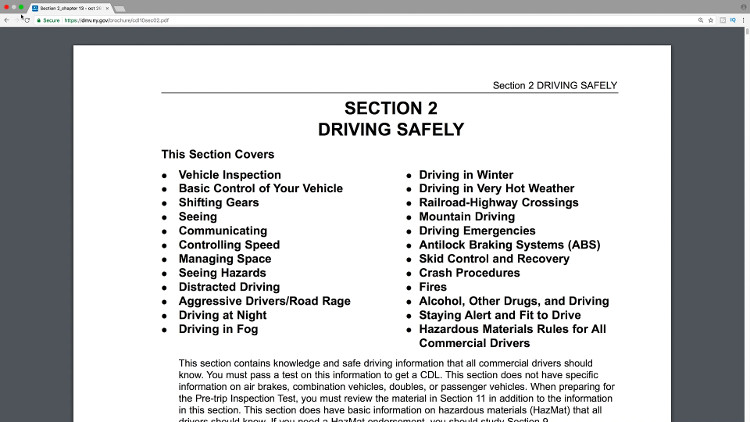
So that you can get the six months, one-year experience that you need to go and get the job that you actually want to work at?
Because for the first little bit, you need to beg, borrow, and steal a truck to get the experience that you need.
You have to understand that these trucks are anywhere between 150, $200,000, plus the freight on them.
So you're looking at about a 1/2 a million dollars worth of equipment and freight on these trucks.
You're going to get lost, you're going to damage the truck, and you're going to be slow in delivering and getting to your destination and what-not.
The company has to absorb all of that, so which companies are going to take inexperienced drivers.
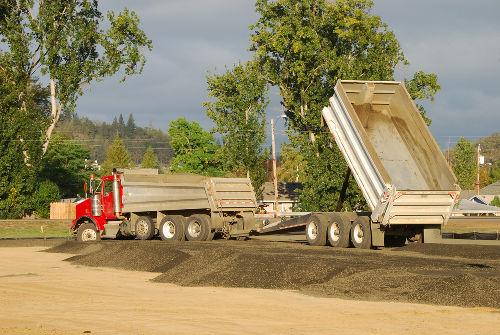
Because the old adage of:
You can't get a job without experience, and you can't get experience without a job is very true and very real in the trucking industry.
You want the truck driving school to be able to shoehorn you into the industry and point you in the direction of getting a job with companies that are going to give you a job when you don't have any experience.
As well, you want to try and hook up with companies that have mentor programs.
So they put you with another driver for a couple of weeks, maybe even six weeks, and the other driver can show you all the paperwork you have to do.
Because you can be a little bit overwhelmed by bills of lading and border crossing documents, trip sheets, and those types of things.
And I'll put a card up in the corner for you for that paperwork that you need to do in order of being a truck driver, and most importantly, job placement.
Is the truck driving school going to teach you about resumes, cover letters, job applications?
Are they going to get you all of that information and show you networking so that you can get a job when you're finished truck driving school?
And one of my poster students, Bill Walker, I'll put a card up for you for him as well, he went to truck driving school, finished on Thursday.
The next Tuesday he was working, so look at his story as well for more information about going to truck driving school.
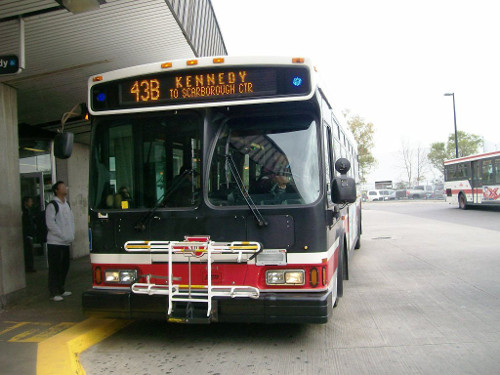
Question for my Smart Drivers:
Do you have any questions that prospective students should ask truck driving schools to get the best value for their money?
Leave a comment down in the comment section there.
All that helps out the Smart Driver community.
For the playlist on what to expect at truck driving school, click here.
To subscribe, click here.
And remember, pick the best answer, not necessarily the right answer.
Rick August's Trucking Background
Little bit of background about me, I was a truck driver in the 1990s, worked for a furniture moving company, that's how I got started.
That's how I got my license.
I worked for them for the summer, and then after that, I worked for a company out of Toronto, Ontario, Canada, called Quik X, which we often referred to as Quick Sex.
I was running team back and forth between Toronto, Ontario, Canada, and Vancouver, British Columbia, B.C., which was about a 48, 50 hour run.
Running two guys, five hours on, five hours off, which, you know, (laughs) you ever do that, you realize that the cab of a truck isn't enough for two men's egos.
So that lasted about three months, and then I went to work for a company in the States called Burlington Motor Carriers.
And I realized that within about six months of working for them, that all the Canadian drivers were doing was pulling the freight from Canada across the border, into the United States, into Detroit.
And then the American drivers would come and pick it up and they would do the long haul out to L.A., down to Texas, into Florida and those types of things.
So that lasted for about six months and then I went to work for another company.
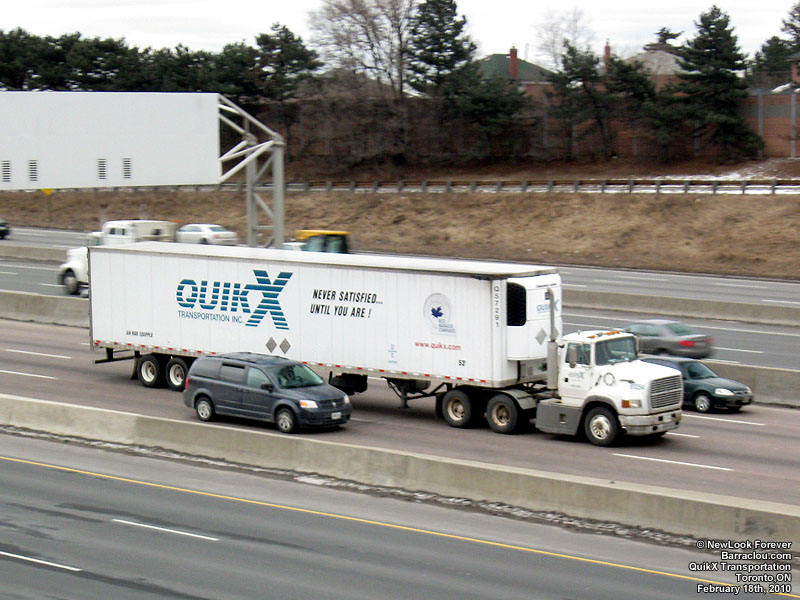
I worked for them for about three years, and they were an excellent company, made great money, got paid by the hour when I was crossing borders, and there was a bonus for going into New York City and other places.
So I worked for them for about three years, and then I went to work finally for another company called Patco.
But the other great thing about being employed was that I moved in and out of the industry.
I went back to university to finish my undergraduate degree, and before my wife and I at the time left for Australia.
I actually went back to the industry and worked part-time running loads out of Cambridge, Ontario, down to Dalton, Georgia.
And I was making really good money running by the mile, doing that work.
So that's the other great thing about it.
And when I moved to Australia, I didn't want to drive a truck anymore.
Because I look at the roads in Australia, these little two-lane skinnies as they're called in the industry, where you're up and down through these little towns, and stop lights, and all those kinds of things.
So I decided to go and drive bus while I was in Australia.
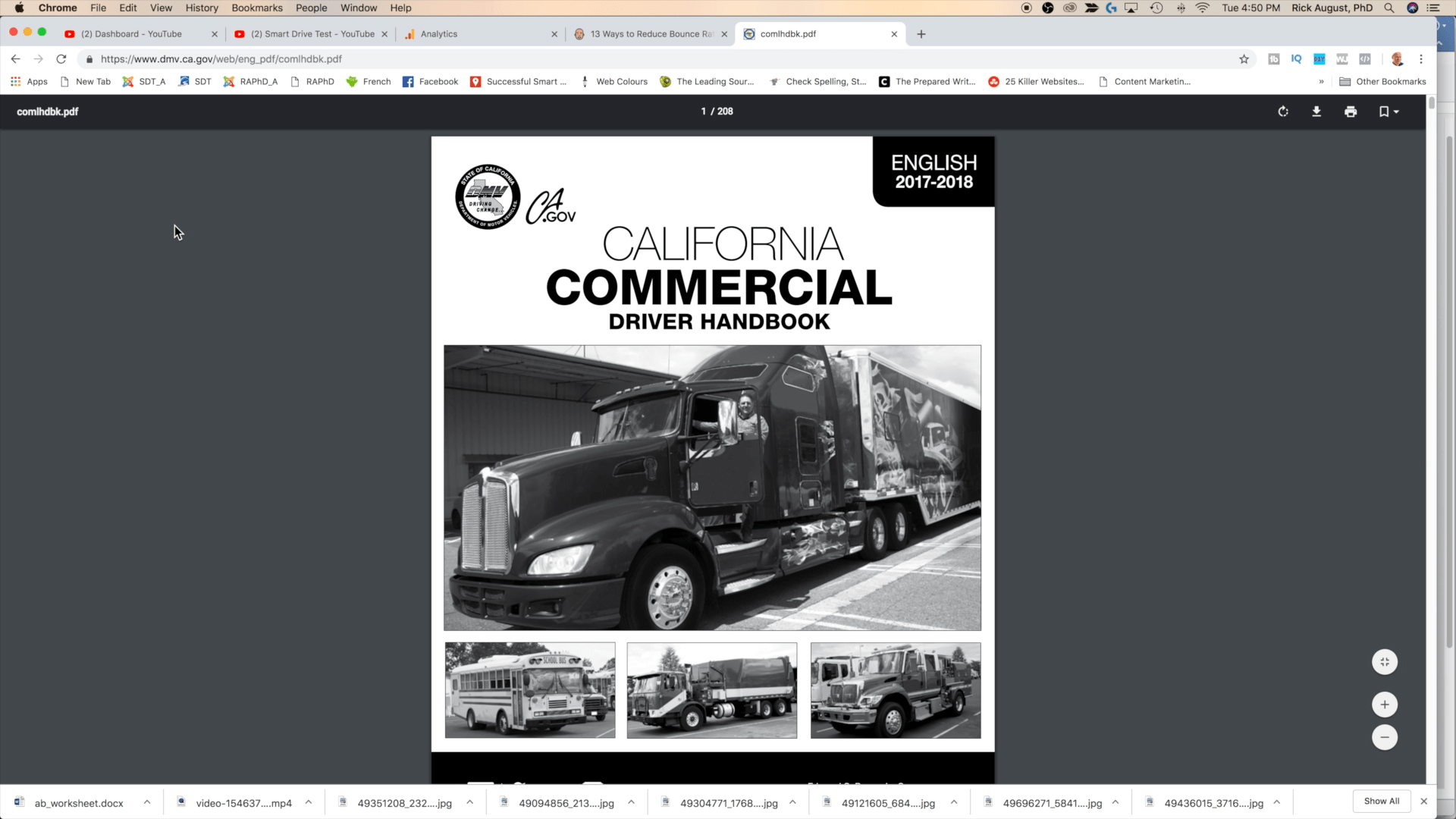
And I worked for Greyhound for almost five years while I was going to university there.
So I worked part-time driving coaches.
That is why I encourage you to consider going to truck driving school, because you're always going to be employed.
Maybe the job isn't going to be so great, but once you get six months, a year of experience, you can work anywhere you want.

